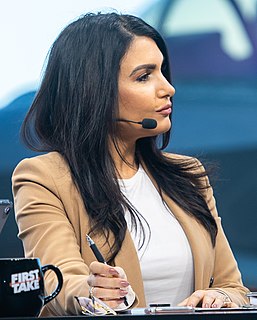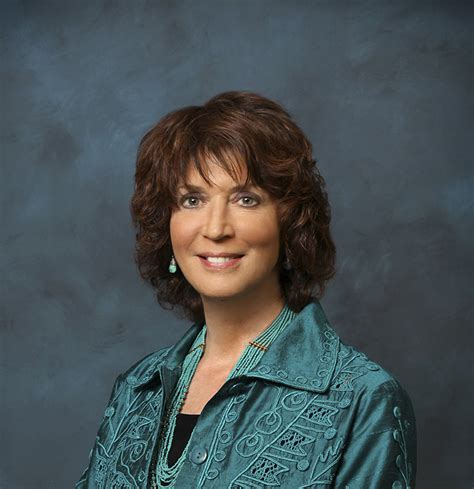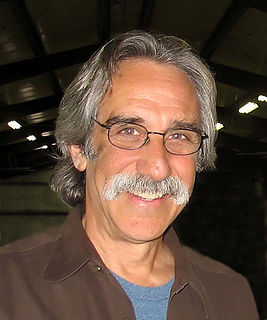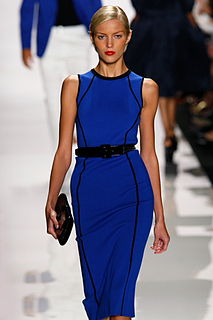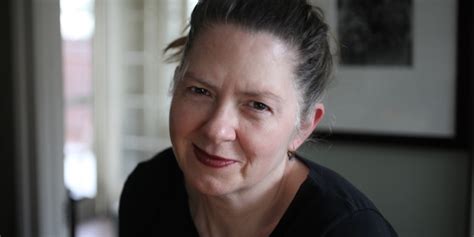A Quote by Molly Qerim
I truly believe that ESPN has been in the forefront in terms of the diversity in front of the camera and improving the balance between men and women.
Related Quotes
Many women, particularly young women, have claimed the right to use the most explicit sex terms, including extremely vulgar ones, in public as well as private. But it is men, far more than women, who have been liberated by this change. For now that women use these terms, men no longer need to watch their own language in the presence of women. But is this a gain for women?
I think that what we need is a balance between men and women. I don't believe in the value of the matriarchy as a model for human organizations any more than I believe in the value of patriarchy as a successful model. I think that what we need is a balance of male and female, the yin and the yang, the tantric union of god and goddess, enlightenment of the individual.
I got fired - November 8, 1979. And all of a sudden, I got a call, two weeks later, about doing a game on ESPN. And I truly said - Scotty Connal, the head of ESPN production at the time, was the guy that called me - I said, 'Man, ESPN sounds like a disease. What is ESPN? I know nothing about it, never heard of it.'
Katherine Johnson never complained, it just was what it was. She just said, "I just wanted to go to work and do my numbers." And she stopped right there. I think about that as a Black woman in Hollywood when I'm asked about diversity. I hate when people say diversity because the first thing you jump to is Black and white. When you talk about diversity, you're talking about women being hired in front of and behind the camera. You are talking about people with disabilities, the LGBTQ community...so I hate when people think about diversity.
American commercial cinema has long been dominated by men, but I don’t think there has ever been another time when women have been as underrepresented on screen as they are now. The biggest problem isn’t genuinely independent cinema, where lower budgets mean more opportunities for women in front of and behind the camera. The problem is the six major studios that dominate the box office, the entertainment chatter and the popular imagination. Their refusal to hire more female directors is immoral, maybe illegal, and has helped create and sustain a representational ghetto for women.
